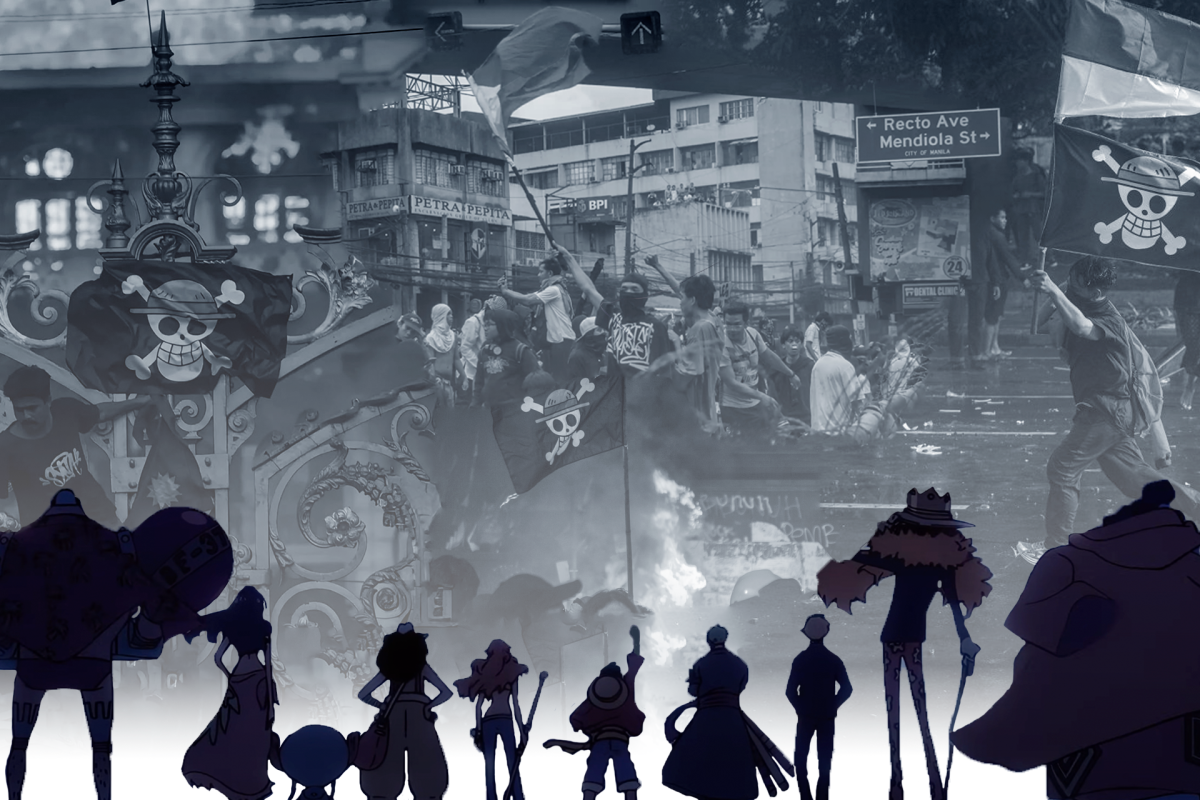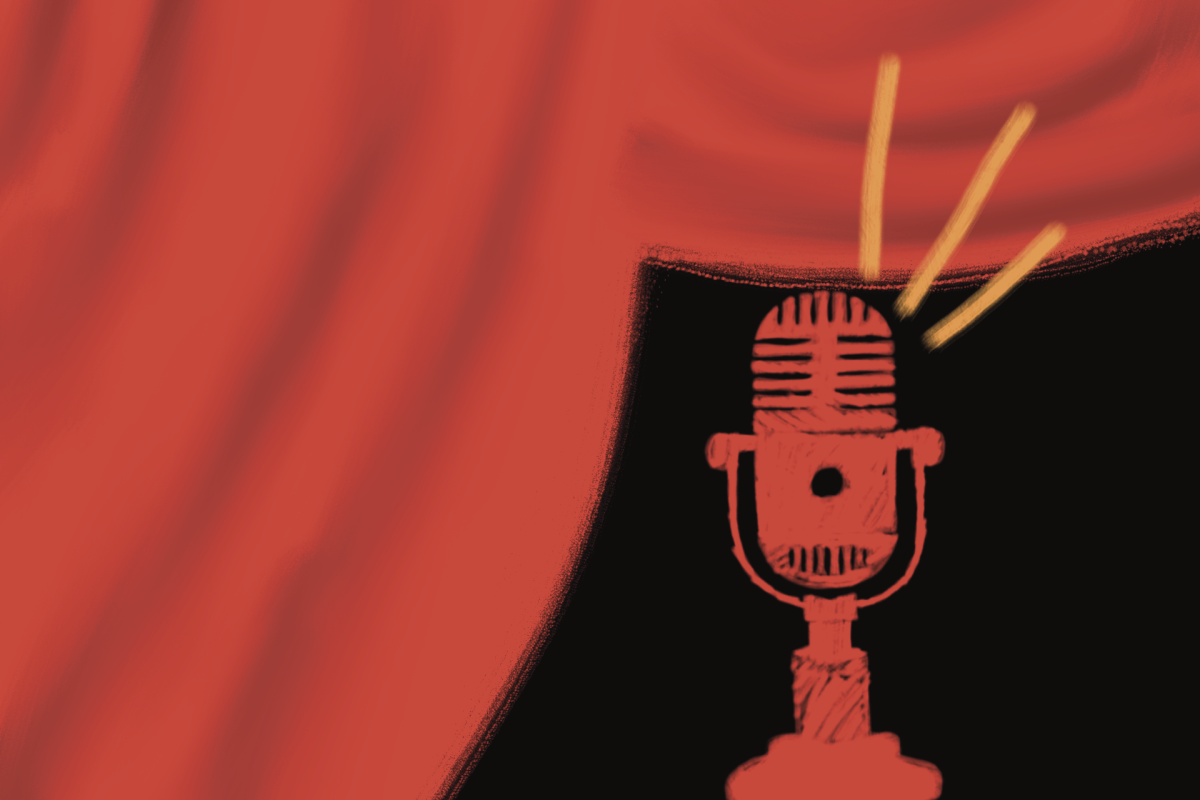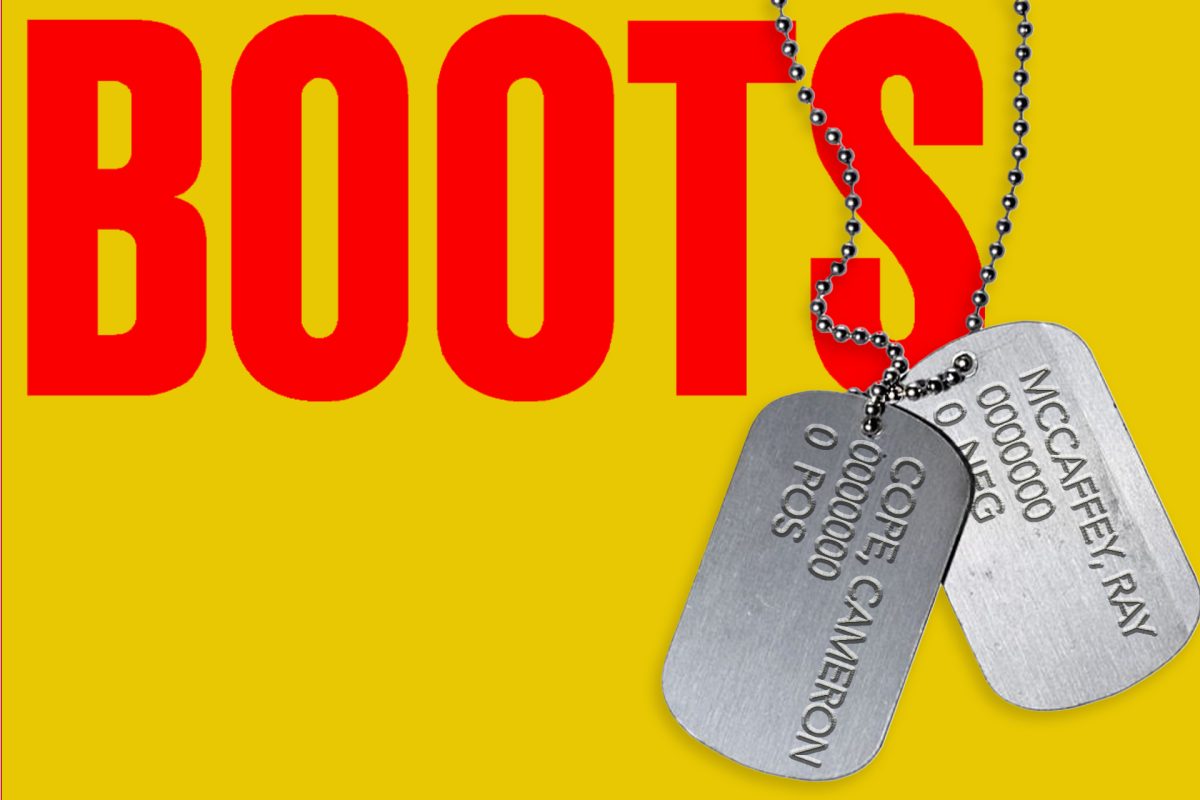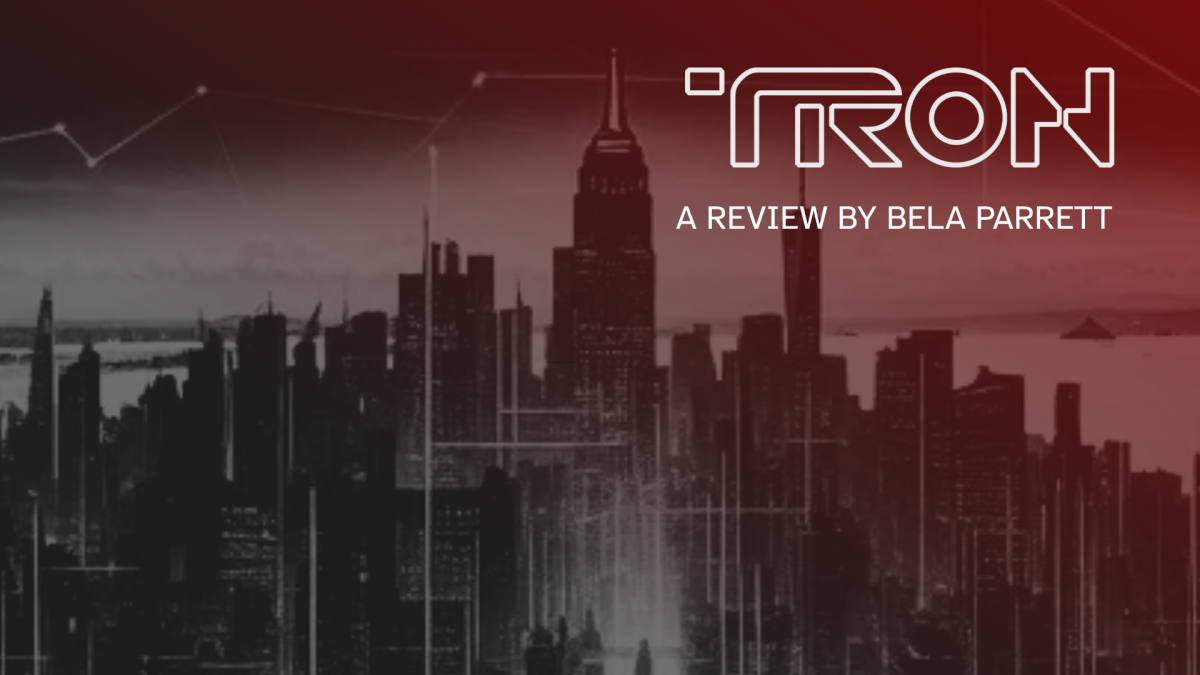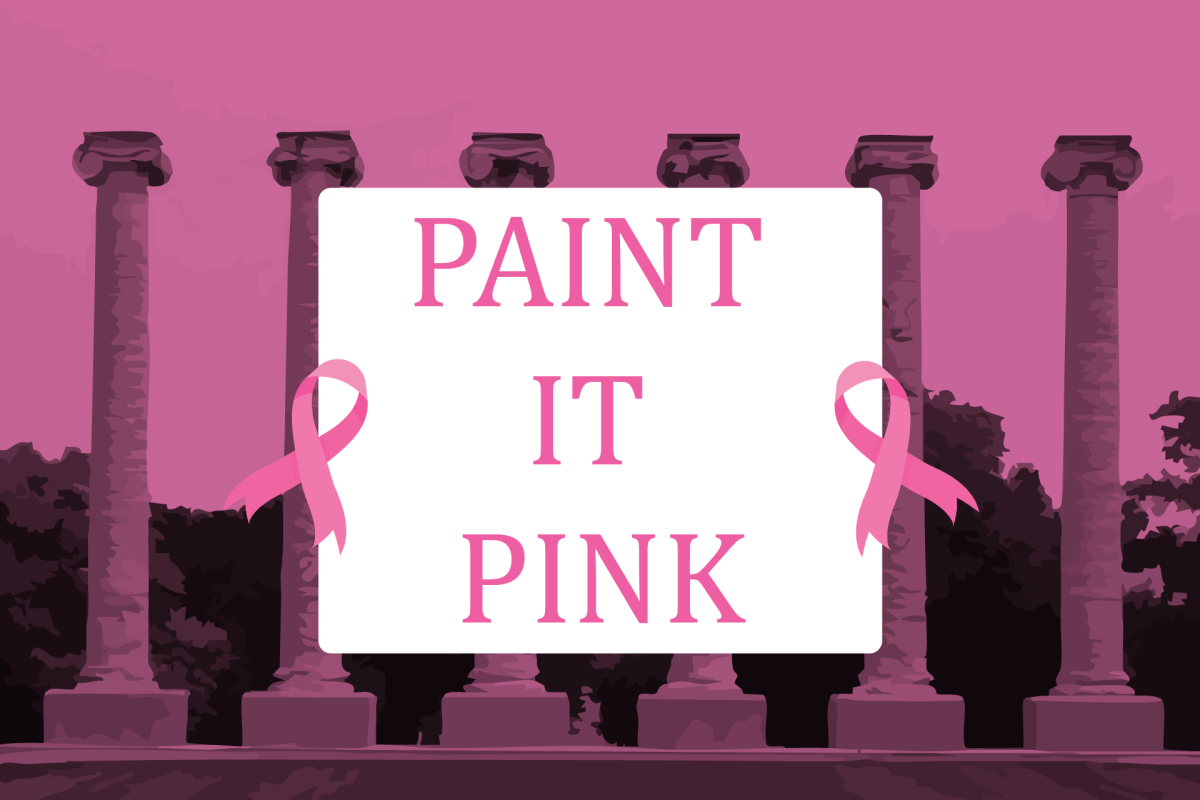Amidst recent Gen Z protests erupting across South and Southeast Asia, a unifying symbol has emerged: a black flag with a skull and crossbones wearing a straw hat. The flag belongs to Luffy’s pirate crew from the anime “One Piece,” who fight against tyrannical rulers throughout the show.
The “One Piece” flag has become a notable symbol of the ongoing anti-corruption movements that began in August and September in Nepal, Indonesia and the Philippines. However, the flag is not just representative of revolution — it’s indicative of a growing wave of youth who are mobilizing globally and taking democracy into their own hands.
Assistant University of Missouri professor Dr. Matt Frierdich explained that symbols like the “One Piece” flag may help push individuals out of a state of helplessness and into action.
“Seeing the skull and crossbones, knowing the references, speaking the language, knowing the continuity, but also the ways that you translate things into your own experience that [are] not universal — I think young people are comfortable meme-ifying things like that,” Frierdich said.
Several of the movements were initiated by a desire to overhaul and correct long-established governmental institutions, which Frierdich explained are now failing due to their inflexibility.
“It’s been so stable that it hasn’t been able to adapt to things changing … These political systems have not adapted to new environments like the economy,” Frierdich said. “Like again, a lot of it’s about corruption. A lot of it’s about joblessness. A lot of it’s about, ‘What’s my future look like?’”
In the Philippines, Gen Z protestors are inheriting a decades-long battle against government extortion, with recent uprisings having been sparked by a flood infrastructure embezzlement scandal.
Junior Zoe Pacubas, graphic design co-chair of the Mizzou Filipino Student Association, commented on how Gen Z in the Philippines used social media to raise awareness of and protest against government corruption.
“[Gen Z uses] social media to their advantage to spread light on the truth instead of like the older generation still being a victim to past corruption, and like being so used to it that they just accept it instead of actually doing something to change it,” Pacubas said.
Kayleigh Morrow, president of the FSA, expressed how social media plays a significant role in developing political awareness and mobilization.
“I think it just kind of allows for people to become politically active at a younger age compared to how it was before,” Morrow said. “You didn’t really get politically active until you got older and the news would be relevant to you. But now that kids have social media, you just have it at your fingertips.
However, increased mobilization may also lead to increased risk of violence. The recent protests have already resulted in countless arrests and dozens of injuries and casualties worldwide.
“Not to be romantic about it, but revolution isn’t always pretty. It can produce things that are not desirable to live in. But then again, neither of those conditions of stagnation or oppression, right?” Frierdich said. “So it’s not really a question of whether there can be a nonviolent or an anti-violent movement. Violence is persistent, so it’s the question of how to channel it into productive change when you’re thinking in that revolutionary mindset.”
Even if the future remains unclear, Frierdich noted that there is something to be respected in the initiative taken by the current generation to make change.
“The stakes of this are real, but so is the inspiration of being willing to stand up for something that you don’t know how it will end, right?” Friedrich said. “And I think that that is both a kind of desperation, but also a kind of ruthless hopefulness.”
The clearest evidence of this “ruthless hopefulness” may be a sense of global unity shared by members of Gen Z, and their impulse to stand in solidarity with one another. In Columbia, FSA supports the anti-corruption protestors in the Philippines.
Frierdich claims these uprisings are not isolated and that the anti-corruption movements happening across the globe are certainly relevant to people living in the United States.
“It also tells us something about what it means to be a part of the human community,” Friedrich said. “Not to be too sentimental, but these experiences are ones that a country forged in revolution. If the American Revolution still means anything to people, how can you not care about places that are claiming that mantle of revolution?”
Edited by Mikalah Owens | [email protected]
Copy edited by Ellenna Forbes and Avery Copeland | [email protected]
Edited by Maya Bensaoud | [email protected]
Edited by Chase Pray | [email protected]


